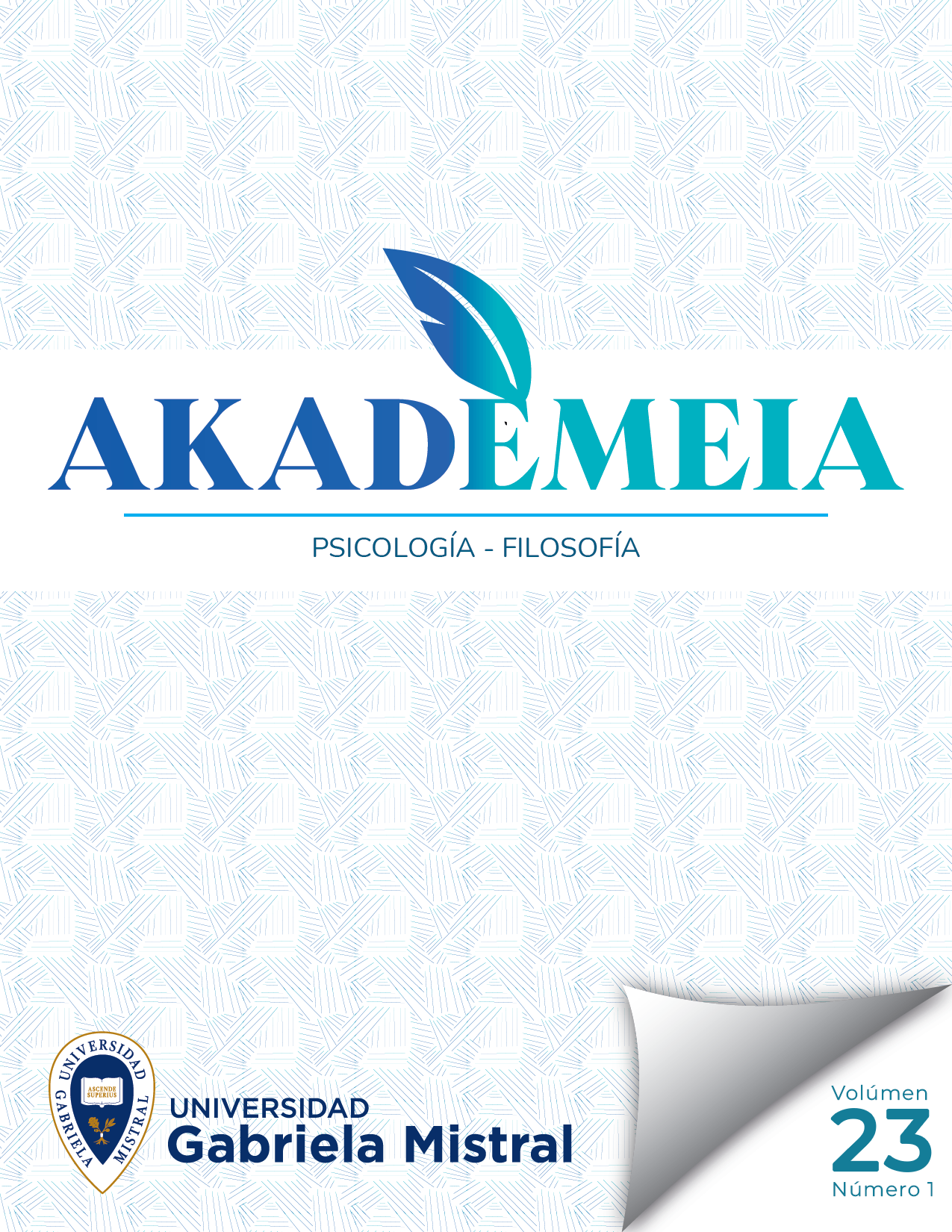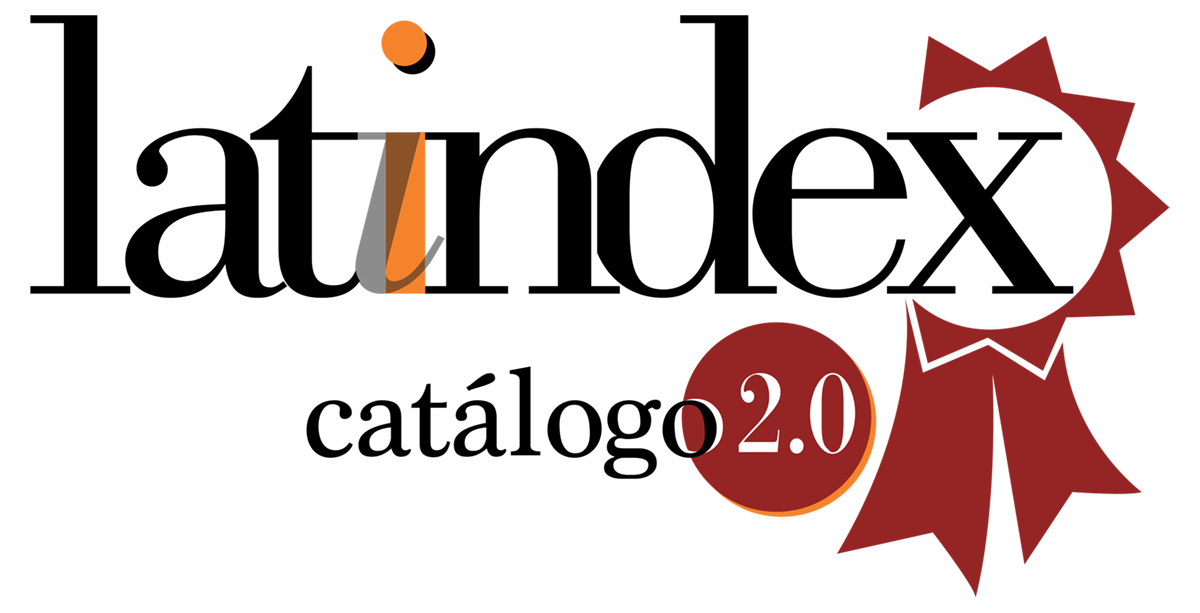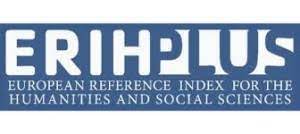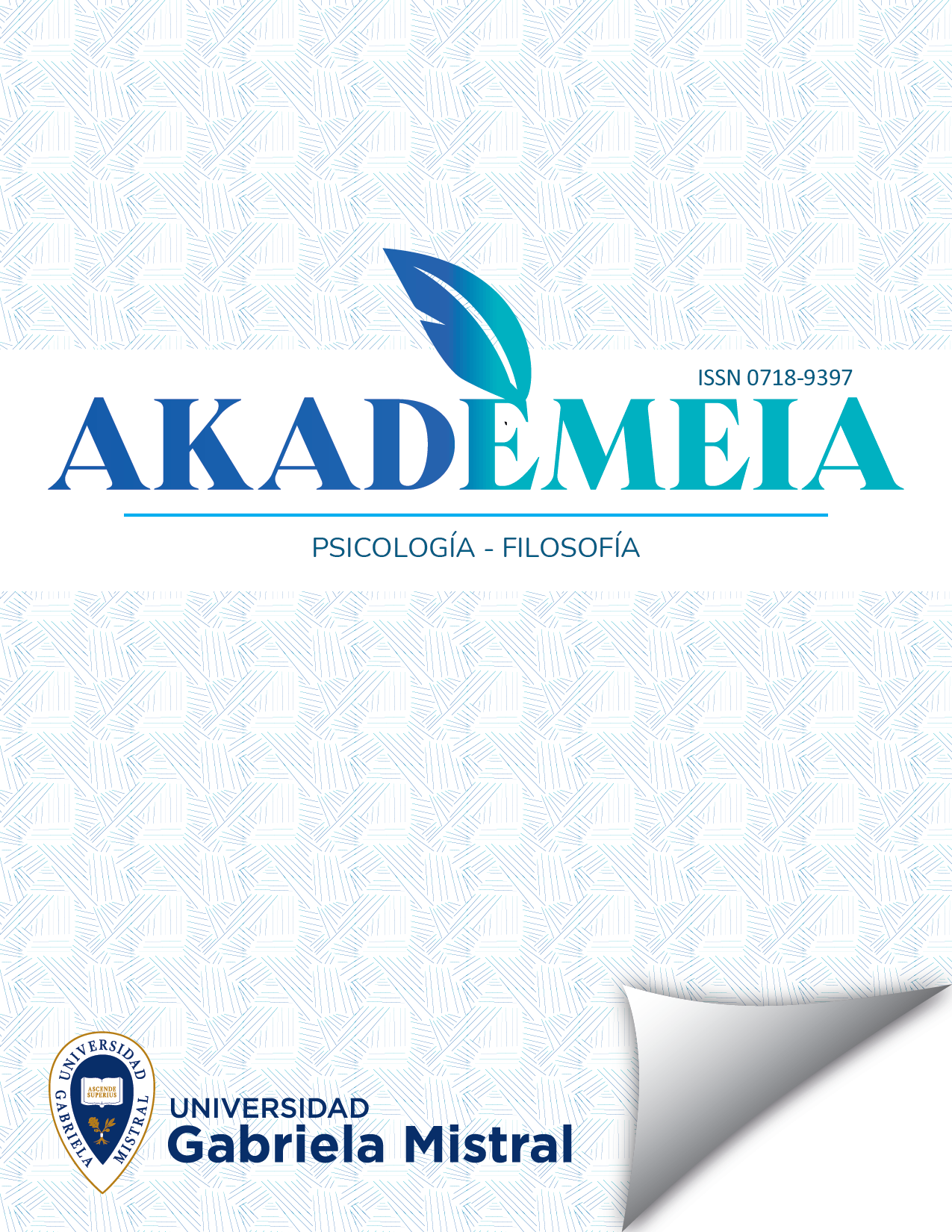EL ENIGMA DE LA ANGUSTIA: UNA LECTURA DESDE LA FALTA
DOI:
https://doi.org/10.61144/0718-9397.2024.632Abstract
In one of his conferences, Freud argues that anxiety is a fundamental enigma whose
resolution could provide a deeper understanding of our mental life. In line with this perspective, the purpose of this paper is to explore this enigma with the intention of
revealing what anxiety hides beyond its symptomatic manifestations. To achieve this goal,
this paper establishes a dialogue between two archetypes of anguish: the “birth trauma”
(Freud) and the concept of “original sin” (Kierkegaard). Through the analysis of these
archetypes, anxiety is discovered as a state that appears (a) in the presence of a threatening
danger; (b) in the presence of the possibility of deprivation and not in the presence of a
concrete object; (c) in the presence of the constant possibility of repeating what is
distressing; and (d) accompanied by the feeling of guilt as a burden that keeps the threat
of loss present. After the dialogue with the archetypes, the notion of anxiety emerges as a
state that reveals a point of no return in which lack is introduced. Finally, some of Lacan's
ideas are incorporated to explore what enables the incorporation of lack in psychic life,
as well as to introduce a counterpoint through his conceptualization of anxiety as “lack
of lack”.
How to Cite
License
Copyright (c) 2024 Rodrigo Pantoja Manríquez

This work is licensed under a Creative Commons Attribution-NonCommercial-NoDerivatives 4.0 International License.
Los autores/as conservarán sus derechos de autor y garantizarán a la revista el derecho de primera publicación de su obra, el cual estará simultáneamente sujeto a la Licencia de reconocimiento de Creative Commons (CC BY-NC-ND) 4.0 que permite a terceros compartir la obra siempre que se indique su autor y se comparta el documento, en formato pdf y con la paginación del número original, a través del que este ha sido publicado por la revista. Siguiendo las definiciones establecidas por la licencia (ver: https://creativecommons.org/licenses/by-nc-nd/4.0/deed.es) los números de la revistas seguirán los siguientes términos:
-
Atribución — Usted debe dar crédito de manera adecuada, brindar un enlace a la licencia, e indicar si se han realizado cambios. Puede hacerlo en cualquier forma razonable, pero no de forma tal que sugiera que usted o su uso tienen el apoyo de la licenciante.
-
No Comercial — Usted no puede hacer uso del material con propósitos comerciales.
-
Sin Derivadas — Si remezcla, transforma o crea a partir del material, no podrá distribuir el material modificado.
- No hay restricciones adicionales — No puede aplicar términos legales ni medidas tecnológicas que restrinjan legalmente a otras a hacer cualquier uso permitido por la licencia.












